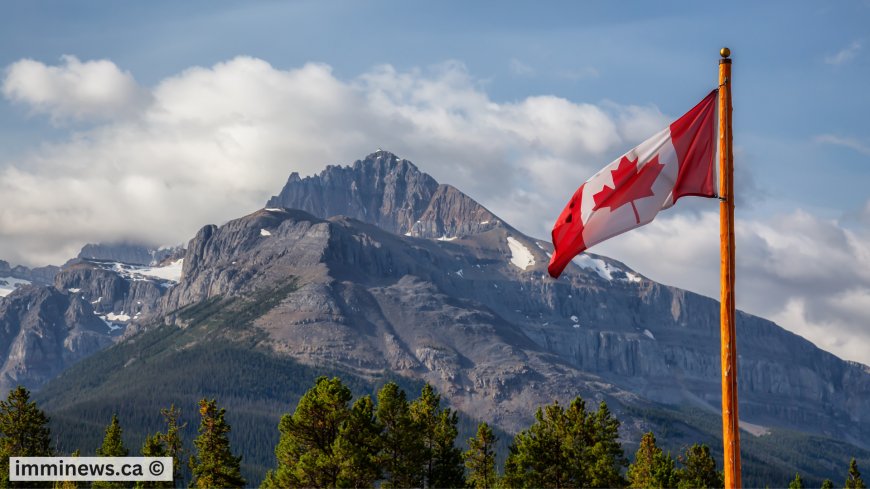How Quebec’s Skilled Workers Can Unlock Canada PR Through Provincial Pathways
Explore Canadian Provincial Nominee Programs (PNPs) as a pathway to permanent residency for skilled workers and international graduates in Quebec. Learn more now!

Temporary residents, skilled workers, and recent international graduates in Quebec may want to explore provincial pathways to permanent residency outside Quebec, especially with recent pauses in Quebec’s Regular Skilled Worker Program and PEQ–Diplome streams. With both federal and provincial options available, considering pathways beyond Quebec can open new doors to permanent residence.
Understanding Provincial Nominee Programs (PNPs)
Provincial Nominee Programs (PNPs) offer a solid route to Canadian permanent residency, especially for candidates who may not meet criteria for federal immigration programs. By securing a provincial nomination, applicants improve their chances of obtaining an Invitation to Apply (ITA) for permanent residency through Immigration, Refugees, and Citizenship Canada (IRCC).
Why Choose a PNP?
PNPs provide an option for those who:
- Have low Comprehensive Ranking System (CRS) scores, which may limit eligibility for federal category-based draws.
- Don’t qualify for federal Express Entry programs, such as those with occupations classified under TEER 4 or 5 of the National Occupational Classification (NOC) system.
For these candidates, PNPs can be a promising pathway to Canadian permanent residency.
Selecting the Right PNP Stream
With over 60 PNP streams across Canada, the selection process should start by identifying preferred provinces or territories. Each program has unique eligibility criteria, often influenced by specific regional needs. To be considered, applicants must demonstrate intent to settle in the province or territory that nominates them.
Key Eligibility Factors
Eligibility for PNPs often depends on:
- Provincial ties, such as residence, family members, education, work experience, or employer support within the province.
- Human capital factors, including age, work experience, language proficiency, settlement funds, and education.
Each province may assess candidates based on different criteria, so understanding the requirements of specific PNPs is essential.
Types of PNP Streams: Base and Enhanced
There are two main types of PNP streams:
- Base PNP Streams – For candidates not eligible for Express Entry; typically take about 12 months for processing after receiving ITA.
- Enhanced PNP Streams – Integrated with Express Entry, allowing qualified applicants to gain an additional 600 CRS points, which significantly boosts their chances in the federal pool; these applications generally have a 6-month processing time.
Navigating the PNP Application Process
PNP applications may involve either active or passive processes:
- Active Process: Applicants submit an Expression of Interest (EOI) to the province. If invited, they can proceed with the full application.
- Passive Process: Certain enhanced PNP streams automatically consider Express Entry profiles. Eligible candidates may receive an invitation directly from the PNP.
Each pathway to provincial nomination requires careful preparation and may take several months or more.
Typical Timeline and Process
Achieving permanent residency through a PNP typically involves:
- Obtaining a Provincial Nomination
- Receiving an ITA from IRCC
- Submitting a PR Application to IRCC
Expect the process to span 12-30 months from start to finish, accounting for provincial nomination and IRCC processing times.
Intent to Reside
To be eligible, applicants must demonstrate an intent to live in the nominating province. A provincial nomination indicates a commitment to settling in that province upon receiving permanent residency.
Conclusion: Expanding Your Options for Canadian PR
With various pathways available through PNPs, temporary residents in Quebec can find opportunities to achieve their Canadian permanent residency goals while aligning with personal or professional aspirations in different regions.
Tags:
What's Your Reaction?
 Like
0
Like
0
 Dislike
0
Dislike
0
 Love
0
Love
0
 Funny
0
Funny
0
 Angry
0
Angry
0
 Sad
0
Sad
0
 Wow
0
Wow
0






































































